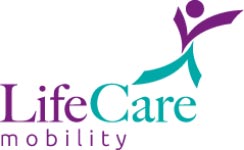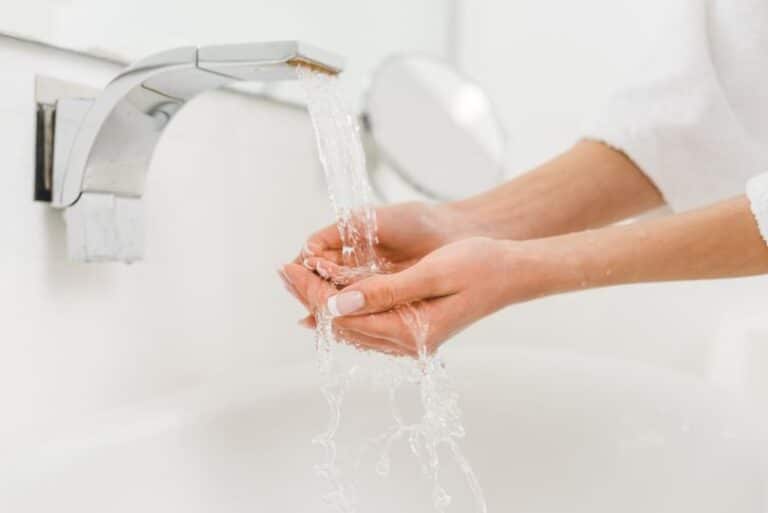For many older adults, keeping clean isn’t the easiest of tasks. It becomes a chore when aches and pains prevent you from reaching areas of your body that wouldn’t normally be problematic. In addition, forgetfulness can play a part. “Did I bathe today?” is a question seniors may ask themselves when they are suffering from dementia. As a caregiver, what can you do to ensure your elderly loved one is kept properly clean?
Here are three tips for keeping your elderly loved one clean and refreshed:
1. Offer to assist with a partial bath.
It’s important to remember that seniors tend to have much more sensitive skin than their younger counterparts. They are more susceptible to the ill effects of water that is either too hot or too cold. As well, sitting in a tub can be a bit cumbersome for those who contend with mobility issues. An alternative to a traditional bath is a partial bath. It can help to reduce the resistance put up by older adults who may not want to bathe at all.
“Many seniors don’t like to bathe because all they remember is being cold and shivering,” writes Tena Scallan on TheUltimateCaregivingExpert.com, “Older adults feel cold much more easily than someone younger. So a partial bath is ideal for these circumstances. Always work from cleanest to dirtiest parts. We only wash the face, hands, underarms, back buttocks, and genitals. Sometimes a complete bath is too exhausting for a patient.”
2. Help with flossing.
Often, when we think about keeping clean, we focus on bathing. However, it goes without saying that maintaining proper oral hygiene is of extreme importance. It should be noted that proper oral hygiene isn’t all about brushing our teeth. Tongue scraping, rinsing with mouthwash and flossing are also integral parts of keeping our mouths healthy. As Scallan points out, flossing helps to prevent tooth decay, gum disease and bad breath.
“It is done before brushing and usually after every meal, to have clean teeth,” she details, “There are now many different things that can be used to assist with flossing. The American Dental Association recommends you floss your teeth daily. According to the Mayo Clinic, standard dental floss is the most effective tool for cleaning the tight spaces between your teeth.”
3. Place accessibility devices in the bathroom.
One of the top fears of an older adult is slipping and falling in the bathroom. Seniors have good reason to have this concern. Most bathrooms have tiled floors that are slippery enough without adding moisture to them. The majority of falls in the home occur in the bathroom. However, with such additions as grab bars to hold on to and non-slip mats to help with traction, falls in the bathroom can be prevented.
“Be sure you have nonskid mats both inside and at the side of the tub as well as a safety grip bar,” advises Angie Kunnath of Waterloo, Ontario’s Home Care Assistance, “It is also a good idea to put in a bath seat to keep your loved one from having to stand in the shower or get down as low as a bath requires. When helping a loved one bathe, ensure all of the needed supplies are within easy reach.”
At LifeCare Mobility Solutions, we provide a variety of home bathroom modifications. They are available to increase the safety of completing basic daily living activities in your home. To learn all about them, please don’t hesitate to call us at 416-267-9800 or email us at info@lifecaremobility.ca. You may also contact us by filling out the form on our Contact page!










